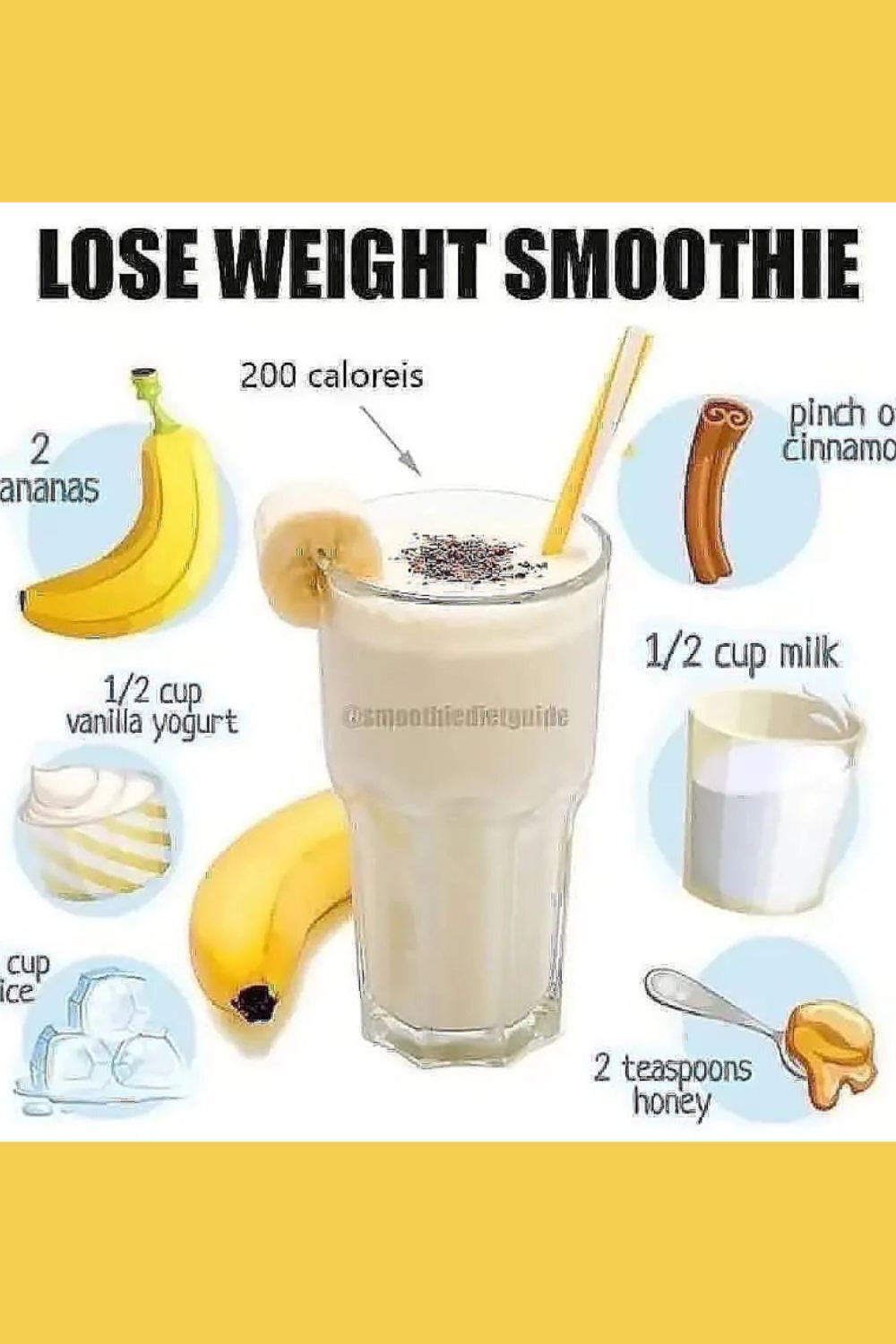How fast will the keto diet make me lose weight?
Ketogenic diet and weight loss
The ketogenic diet relies on a change in the amount of macronutrients you will consume each day. If you're eating ketogenic, the goal is going to be to keep your carb intake to around 25 grams per day and drastically increase your fat intake.
In order not to get bored, it is essential to exploit a wide variety of foods . The combination of high fat and low carb products is perfect if you are following a ketogenic diet plan.
In the ketogenic diet, it is essential to consume "good fats" and not to consume too many carbohydrates at the same time . Otherwise, the effect will be opposite to that expected! Our products will help you achieve your weight loss goal.
Every body is different
On a ketogenic diet, the weight you lose will vary depending on several factors:
Your overall health: Are you overweight? What is your energy level? Do you have thyroid problems? Do you have insulin resistance or other blood sugar issues? Your overall health determines how fast you lose weight. For example, if you have hormonal or metabolic issues, the process may be slower than expected.
Your body composition: How much body fat do you need to lose? What is your muscle mass? What is your BMI (body weight to height ratio)? If you are significantly overweight, you will likely experience greater and faster weight loss initially.
Your daily habits: Your exercise and eating habits make or break your weight loss efforts. What does your ketogenic meal plan look like? Do you eat ketogenic foods like coconut oil, avocado , and MCT oil , or choose foods like processed meats? Do you pay attention to hidden carbs? Do you exercise? The energy you expend daily and the way you eat impact how efficiently your body burns fat.
Your individual adaptation period: Your body needs time to adapt to fat use and the time it takes to get there depends on your metabolism. For example, if you are coming off a standard diet and your adult body has never functioned via ketones before, your adjustment period may take a little longer. You will lose weight when your body is in a state of ketosis.
Set yourself up for weight loss success: Before embarking on your ketogenic weight loss journey, it's important to get the basics right. Some people believe that switching from a standard high-carb diet to a paleo or low-carb diet is enough to get into ketosis. But it's not always the case. It's important to make sure you're using ketones rather than carbs. Otherwise, you're not going to burn fat or lose weight.
The key to ketogenic diet results is consistency. This means eating ketogenic foods, including healthy fats, vegetables, and quality meats.
Very low sugar bars designed for healthy and keto snacking
First week: rapid water weight loss (1 to 4 kgs)
During the first week of the ketogenic diet, many people experience very rapid weight loss. This is because when you reduce your carb intake, your body releases a lot of weight by losing water (not fat). This is because carbohydrates need water to stay in your body: when your body doesn't use glucose immediately, it stores it as glycogen in your muscles, and the glycogen binds to water. Each gram of glycogen is stored with 2-3 grams of water => By going ketogenic, your body will burn all glycogen stores before using fat. Once it runs out of glycogen, the water that was needed to store it is eliminated.In the short and medium term: more regular weight loss (400-900g per week)
Long term: slower weight loss
Common mistakes when on a ketogenic diet
If you feel like you've stagnated after a few months, keep reading! Below are common weight loss mistakes and how to get out of this plateau.
Mistake #1: Not being in ketosis
It may seem obvious, but it's common to slip out of ketosis without knowing it. This is why tracking your ketone levels is crucial. One of the main reasons people don't see results from the keto diet is because they're not in ketosis.
What to do ?
A great way to maintain your ketone levels is to take exogenous ketones. Just put a scoop in your favorite drink and get back into ketosis - it's easy and delicious.
Decrease carbohydrate intake. Review what you eat daily and make sure you're not eating too many carbs.
Increase your fat intake. Make sure every meal and snack is high in healthy fats. Eating more fat can naturally reduce your carbohydrate and protein intake.
Mistake #2: Not being wary of hidden carbs
What to do ?
Eliminate processed foods. These often contain lots of sneaky carbs, even those marked as “healthy”.
Stop artificial sweeteners. These can increase insulin levels and affect ketosis. If you must use a sweetener, stick to stevia or keto sweeteners.
Mistake #3: Not Checking How Your Body Reacts to Dairy Products
Mistake #4: Eating Too Many Calories
While it's harder to overeat on a high-fat ketogenic diet, it's still possible to eat more calories than you need. If you don't stay in a calorie deficit, you won't lose weight.
What to do ?
Track your calories. If you don't see significant weight loss after several weeks, be sure to use the ketogenic calculator.
Eat fewer nuts. While some nuts are keto-friendly, they're also high in calories, and some contain more carbs than others. They are eaten very quickly and overeating is easy, so measure your intake when snacking on nuts.
Try intermittent fasting.
Don't go too far. Make sure you don't eat too little. Although a deficit is necessary, too little food can cause metabolic damage and do more harm than good.






0 Comments